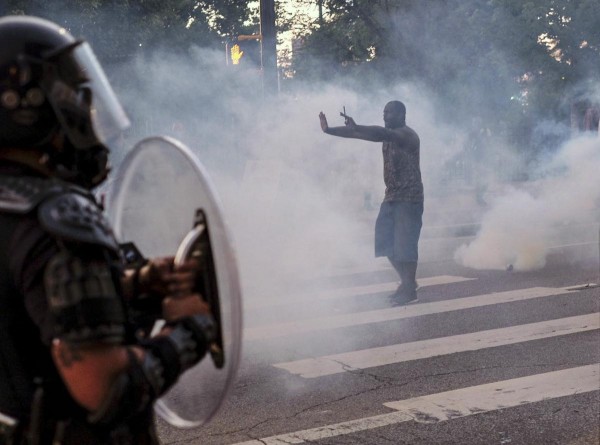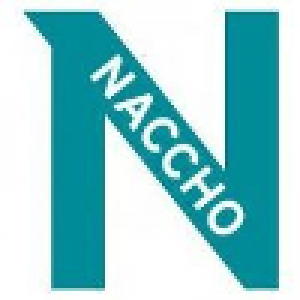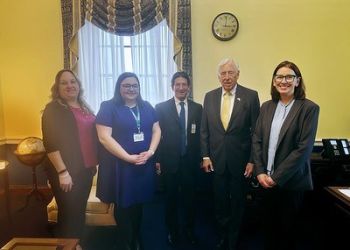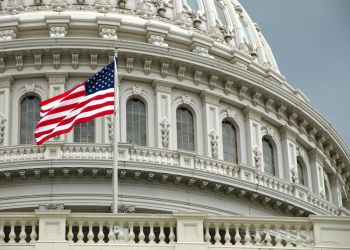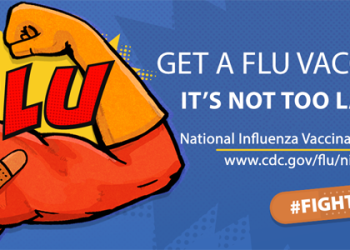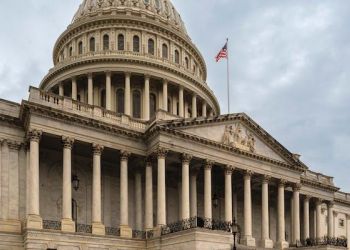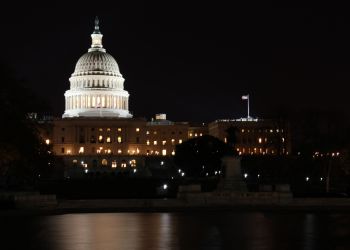Statement of the National Association of County and City Health Officials
The National Association of County and City Health Official (NACCHO) has watched the protests shaking America with a mixture of raw emotions. As the membership organization representing the nation’s nearly 3,000 local health departments, NACCHO strongly condemns the racist violence that took the lives of George Floyd, Breonna Taylor, Ahmaud Arbery, Sean Reed, Tony McDade, and so many others.
NACCHO calls on this nation to never forget the names of those lost to this legacy of injustice. The legacy of violence against Black Americans extends deep into the history of this country and has cost countless lives. This violence is a public health issue deeply rooted in our nation’s legacy of systemic racial, economic, and social oppression and injustice.
This violence is a public health issue deeply rooted in our nation’s legacy of systemic racial, economic, and social oppression and injustice.
For Black people in the U.S., racist-driven violence is an everyday reality. What is shocking to some is the status quo for so many. That status quo must change, and it must change now.
Racism is a public health issue and local health departments should play a lead role in efforts to address it. Violence or the threat of violence—driven by on-going, systematic racism—creates a toxic stress that impacts the health of children, families, and communities.
Local health departments have the authority to use data to highlight the impact of police violence and the legacy that drives it. They have the ability to create a bridge to communities of color and provide support for a truth and reconciliation process to begin the long, slow road to healing. They have the ability to work with law enforcement to create a change in culture so desperately needed. We are committed to building their capacity to do this work. As we are all called to grapple with the reality of America’s oppressive history.
In pursuit of a more just and equitable future for all people, NACCHO supports:
- Leading efforts to build ties between local government and communities focusing on health equity to achieve community centered solutions.
- Communicating how the anticipation and long-term effects of violence and daily intimidation increase toxic stress that severely harms health of families and whole communities.
- Eliminating discriminatory policing practices, such as racial profiling and stop-and-frisk, which disproportionately target Black people and communities.
- Changing laws that lead to confrontation and arrests for minor infractions, eliminating the criminalization of inconsequential or victimless behavior.
- Releasing clear and accurate data on policing including arrests, use of force, and decertification of law enforcement.
- Continuing research on the impact of police violence on Black communities and in non-Black communities of color.
- Holding police accountable for discriminatory actions and discriminatory use of force.
NACCHO supports those engaged in protests across the country who are exercising their right to speak out against injustice, a right vital to the founding of this nation. We recognize that at their core, these protests are driven by centuries of injustice.
Local health departments must support Black communities experiencing this violence in expressing their voice and building power to act on the unjust processes and decisions that lead to permanent stress, deprivation, poor living conditions, and chronic health and mental health conditions.
More importantly, NACCHO calls on ourselves, our members, our partners, and people across this nation to not only acknowledge but confront the racial and economic oppression that has culminated in the unrest we see today. Local health department should work to change the public narrative from focusing on individual incidents and occurrences to discussing and addressing the legacy of racial, economic, and social oppression and injustices faced by Black communities.
Let us come together to listen, foster dialogue, and act: the health and survival of Black communities, and thus our nation’s health, depends on it.
For more information, please see NACCHO’s policy statements:
